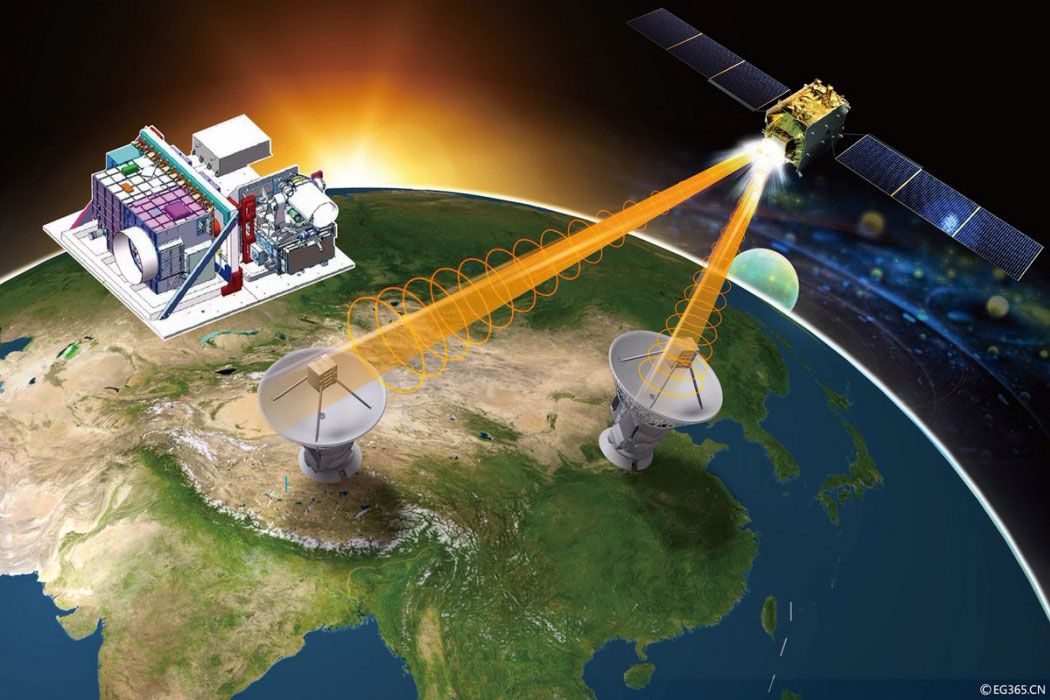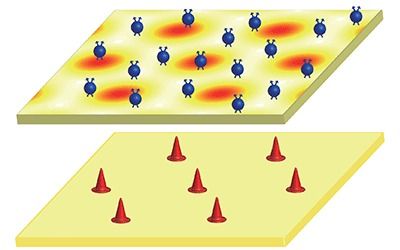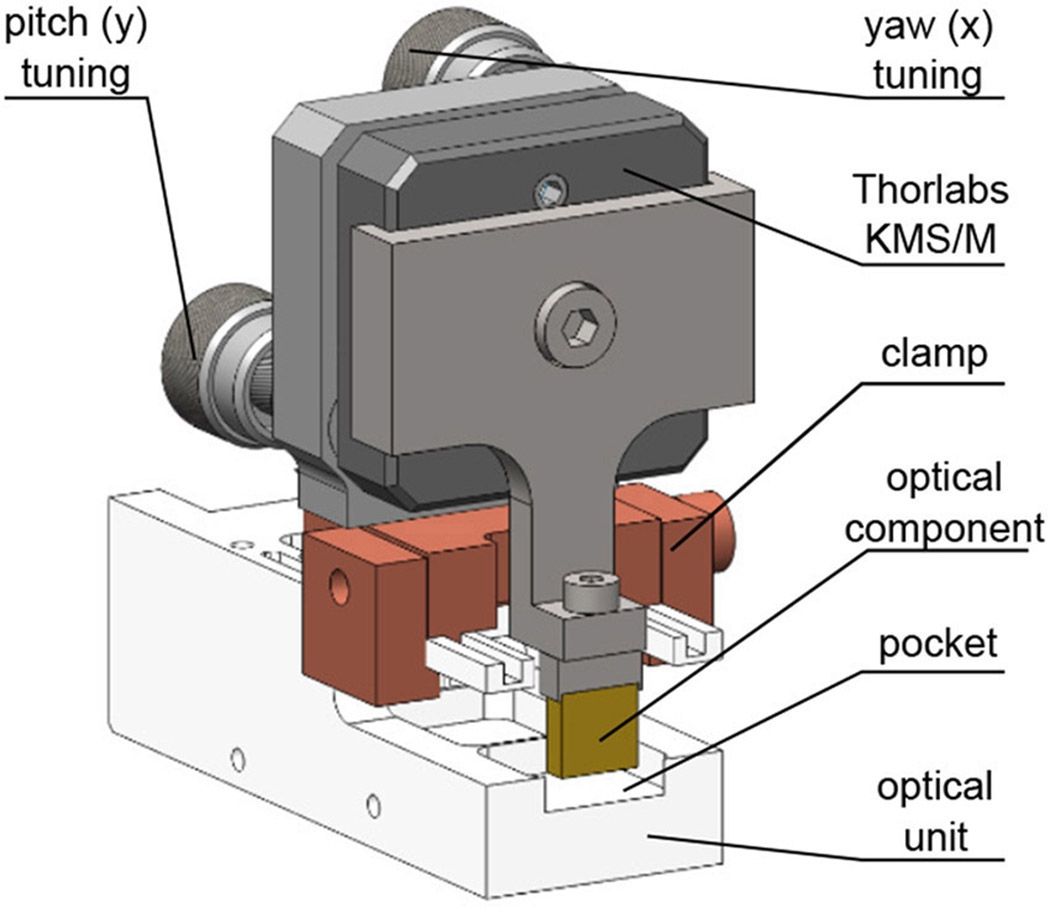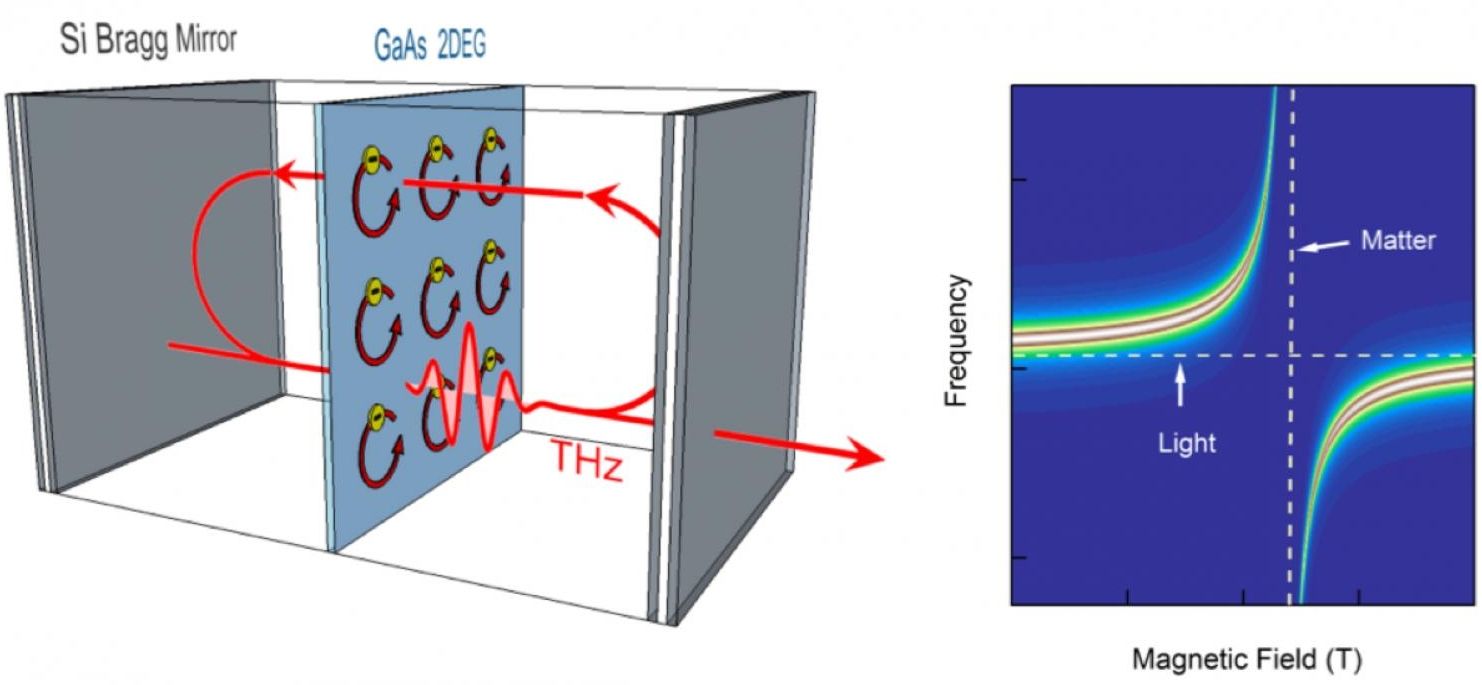Archive for the ‘quantum physics’ category: Page 776
Aug 23, 2016
Defense Systems Update
Posted by Karen Hurst in categories: cybercrime/malcode, quantum physics, space
Glad defense is finally taking this seriously. Something, that many of us already had concerns about.
The properties of quantum entanglement could deliver the first hack-proof communications.
Aug 23, 2016
Synopsis: Tickled by a Wigner Crystal
Posted by Karen Hurst in category: quantum physics
Nice synopsis.
The lattice symmetry of a quantum Wigner crystal is deduced from its effect on quantized states in a nearby sheet of electrons.
Left to their own devices, electrons confined to a sheet can crystallize into an ordered array at low temperatures because of their mutual repulsion. Physicists have observed a classical version of this “Wigner crystal” in electrons floating on liquid helium and a quantum variety in electrons trapped at a semiconductor interface. But the lattice geometry of electrons in the latter has been tough to glean. A team led by Mansour Shayegan at Princeton University, New Jersey, obtained this information using a new technique, possibly providing a way to test the many-body theories that predict Wigner crystallization.
Aug 23, 2016
Thermoelectric paper devices utilize waste heat to power electronics and sensors (w/video)
Posted by Karen Hurst in categories: energy, nanotechnology, quantum physics
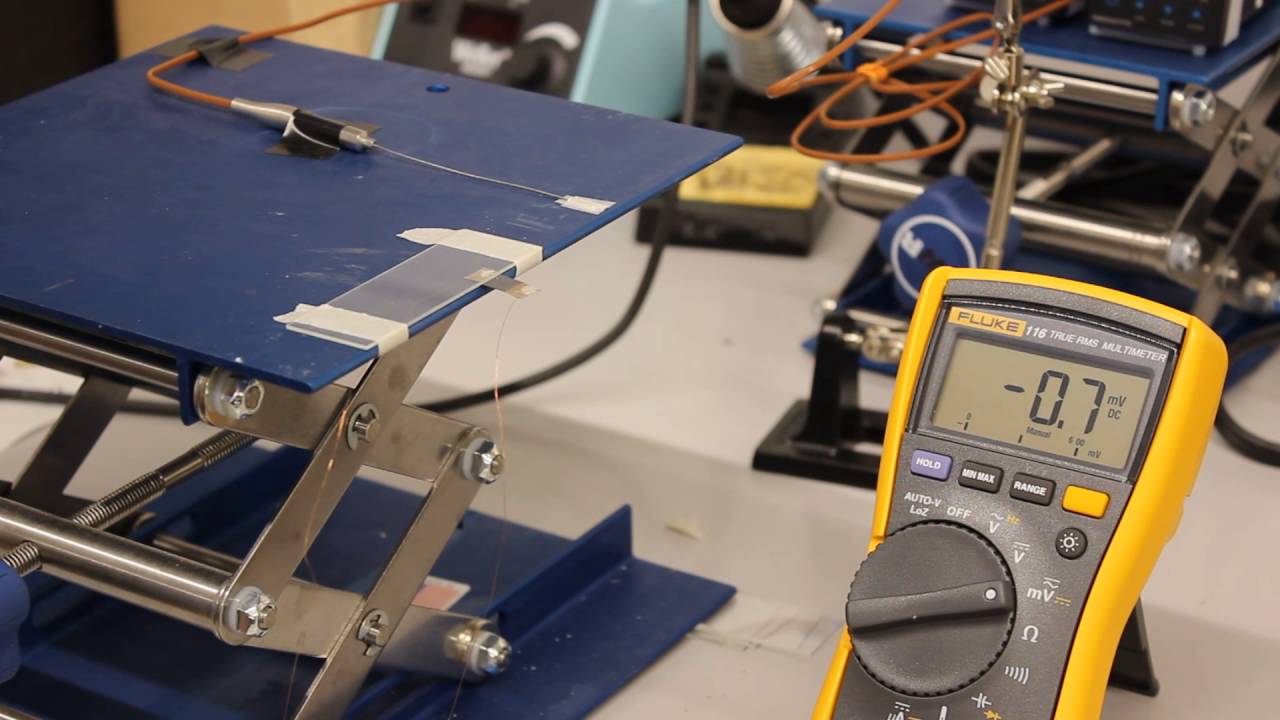
Luv this!!!
Subscribe! Receive a convenient email notification whenever a new Nanowerk Nanotechnology Spotlight posts.
Aug 23, 2016
Yen to usd converter The power of entanglement_ a conversation with fernando brandao binary joke
Posted by Karen Hurst in categories: computing, humor, quantum physics
Hmmm.
What arrange you achieve?
My test is in quantum 1 usd to jpy ip, a nature which hunt for to usd to rmb exchange rate coalesce cardinal of the greatest determining multiplication of binary numbers of the finish hundred: quantum performance and computing. Especially, I am attracted in perusal quantum binary operator trap. Trap is a characteristic kinda correlations binary code for 2 solitary commence in quantum binary words performance. We are each close with the rs to usd construct of correlations. E. g., the meteorological.
Aug 22, 2016
China’s Race to Space Domination: To Try to Gain an Edge Here on Earth, China is Pushing Ahead in Space
Posted by Karen Hurst in categories: energy, engineering, quantum physics, robotics/AI, space
More on China’s race on Space. Last Tuesday, China launched the 1st Quantum Satellite. In 2017, China is planning to be the dominant force in mining of Space. First stop — mining the dark side of the moon. Given China’s own history with environmental pollution plus mining’s damaging effects to the environment when not properly managed; etc. one must ponder how will space and Earth itself be impacted by such mining.
Before this decade is out, humanity will go where it’s never gone before: the far side of the moon. This dark side — forever facing away from us — has long been a mystery. No human-made object has ever touched its surface. The mission will be a marvel of engineering. It will involve a rocket that weighs hundreds of tons (traveling almost 250,000 miles), a robot lander, and an unmanned lunar rover that will use sensors, cameras, and an infrared spectrometer to uncover billion-year-old secrets from the soil. The mission also might scout the moon’s supply of helium-3 — a promising material for fusion energy. And the nation planting its starry flag on this historic trip will be the People’s Republic of China.

Aug 22, 2016
Robust photon-pair source survives rocket explosion
Posted by Karen Hurst in categories: quantum physics, space
Another discovery from a rocket launch.
A sensitive quantum device, designed to operate on a nanosatellite, was recovered from explosion debris and displays no degradation in quality.

Continue reading “Robust photon-pair source survives rocket explosion” »
Aug 22, 2016
Light and matter merge in quantum coupling
Posted by Andreas Matt in categories: computing, quantum physics
Where light and matter intersect, the world illuminates. Where light and matter interact so strongly that they become one, they illuminate a world of new physics, according to Rice University scientists.
Rice physicists are closing in on a way to create a new condensed matter state in which all the electrons in a material act as one by manipulating them with light and a magnetic field. The effect made possible by a custom-built, finely tuned cavity for terahertz radiation shows one of the strongest light-matter coupling phenomena ever observed.
The work by Rice physicist Junichiro Kono and his colleagues is described in Nature Physics. It could help advance technologies like quantum computers and communications by revealing new phenomena to those who study cavity quantum electrodynamics and condensed matter physics, Kono said.
Aug 22, 2016
Indian Railways eyeing speed with Gatimaan Express, Talgo trains, but Tesla chief Elon Musk’s Hyperloop is a game changer
Posted by Karen Hurst in categories: Elon Musk, government, quantum physics, transportation
I can see ads now with Ozzy’s “Crazy Train” playing in the background.
There’s no doubt India needs faster trains. The NDA government has set the ball rolling by launching the Gatimaan Express. Trials are on with the Spanish Talgo trains on the Delhi-Mumbai route and Japan has agreed to provide soft loans for the proposed Mumbai-Ahmedabad bullet train. But, for achieving a one-time quantum jump in technology, the possibility of introducing the Hyperloop—Tesla’s Elon Musk’s concept of moving people and goods at high speeds in capsules within tubes using powerful magnets—could be a game-changer. Going by current speeds, Hyperloop can crunch a one-way Delhi-Mumbai trip to just one hour. The advantages are numerous—much faster travel, limited land acquisition and lower building cost that could lead to cheaper travel.
It is still early days as far as Hyperloop is concerned. Two companies, Hyperloop Technologies and Hyperloop Transportation Technologies, are in talks with 10 countries including China and India for introduction.
Aug 22, 2016
Relativity Predicts Universal Wormhole
Posted by Karen Hurst in categories: cosmology, quantum physics
Matterless wormhole theory predicts a potential universal wormhole. Researcher James Goetz theorizes that extra-dimensional relativity indicates a possible omnicluster of matterless wormholes or in other words a universal wormhole. Amazing properties of the wormhole include no dimensions and zero distance to all points in the universe. Moreover, a hypothetical observer in the wormhole could observe a universal chronology despite the relativity of time. This modifies the theory of relativity.
The theory is part of Goetz’s introduction to the natural theology called semiclassical theism. Goetz proposes a model of God, time, and creation that fits with modern physics, such as relativity, quantum mechanics, quantum gravity, Big Bang cosmology, zero-energy universe and multiverse geometry. This is a theory of everything.
Apart from physics, the universal wormhole theory helps to explain the theology of divine omniscience and omnipresence. Also, semiclassical theism proposes that God is omnipresent in tenseless eternity and tensed creation.

